Inner west residents demand dumped ‘COVID cabs’ be removed
With COVID-19 drying up work for taxi drivers, many are taking their plates and dumping their cabs in the street as they wait for the pandemic to pass — a move that has upset residents in areas where parking is scarce.
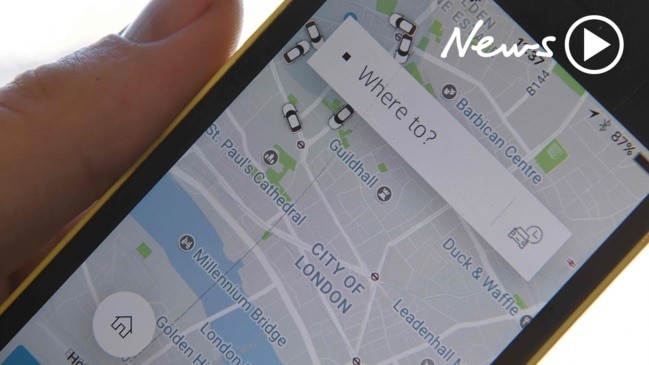
NSW Coronavirus News
Don't miss out on the headlines from NSW Coronavirus News. Followed categories will be added to My News.
- Everybody at Geelong Magistrates' Court, Thursday, July 30
- Everybody at Bacchus Marsh Magistrates' Court, Thursday, July 30
Scores of abandoned taxis are littering the streets of inner Sydney and driving residents to boiling point.
Three months since hundreds of deregistered taxis were found parked in Tempe Park, residents around Balmain, Leichhardt and Rozelle are now finding abandoned cabs in their own streets.
With limited street parking, it means residents have been forced to park illegally — a move that often results in a $340 fine.
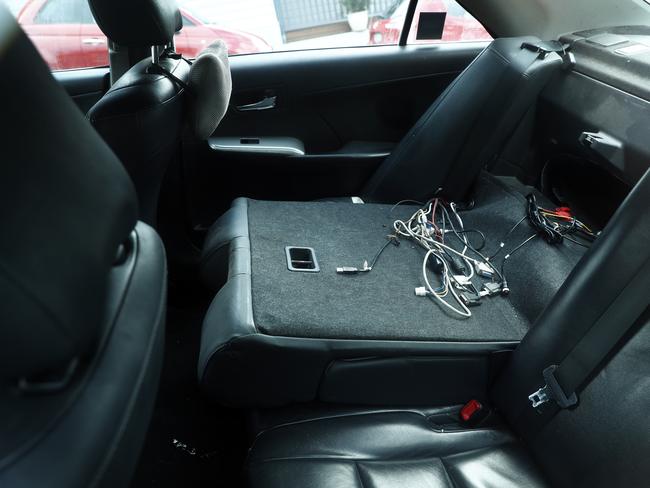
When Rozelle resident Jeff Watson wrote to Inner West Council about the issue, the response that came back was the cabs were there to stay.
“During the COVID-19 health emergency, Inner West Council is liaising with the taxi industry in relation to parking their vehicles on public roads,” the council said.
“This is due to these vehicles being taken temporarily out of service.
“The matter will be reviewed upon the lifting of COVID-19 restrictions.”
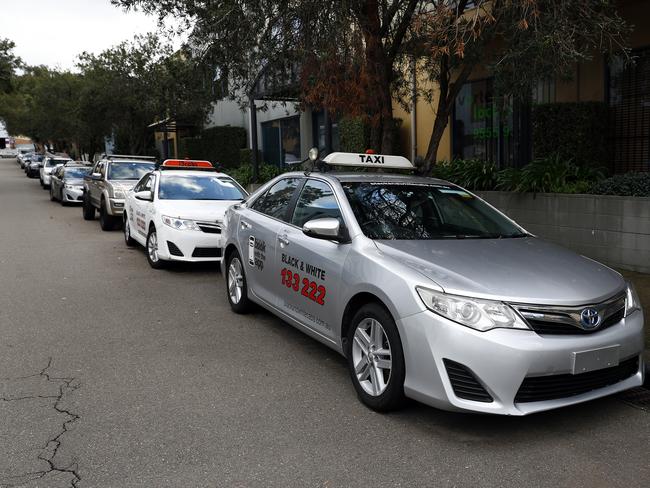
Mr Watson said residents were already fighting for street parking with WestConnex workers, who were also parking their vehicles in the areas.
“The parking situation here is diabolical,” he said.
“There has been rampant booking of resident vehicles because they’ve parked too close to a corner or something, because all the parking is being taken up.
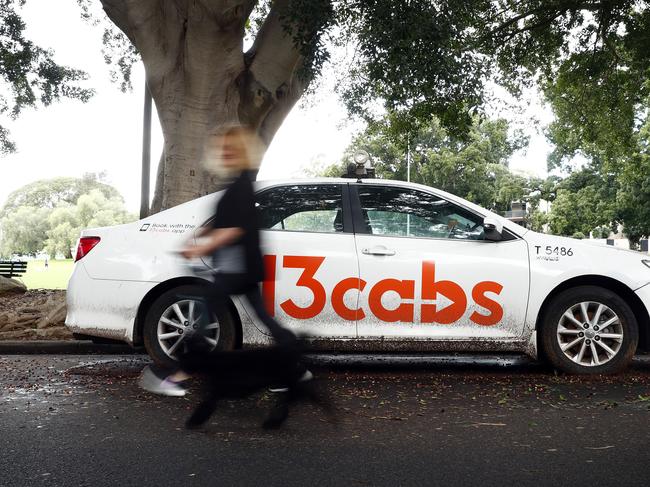
“Because of COVID, the council is allowing taxis to be dumped in the area, which is totally unacceptable. The council should pick the cabs up.
“Why should the taxi industry problem be my problem. I’m sorry, everything seems to be blamed on the COVID issue. This is a compliance issue.”
According to the NSW Taxi Council, there were about 2500 taxi plates “on hold” at the end of March when the lockdowns began — up from just 570 in the previous month.
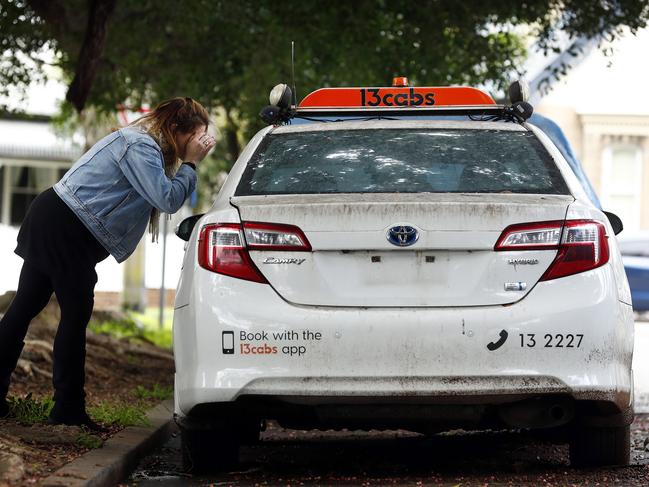
With the reopening of bars and restaurants, the figures improved slightly last month but did not rise to anywhere near the pre-lockdown deregistration figures.
As of June 30, there were 2628 deregistered taxis.
MORE FROM LINDA SILMALIS:
NSW jail locks down after first case of COVID-19
Threat to dump horse heads on minister’s lawn
Council deputy chief executive officer Nick Abrahim said the industry was still doing it tough despite a slight improvement in deregistrations.
He said many taxi drivers had missed out on the state government stimulus package, which gave drivers a $2900 subsidy per vehicle towards CTP insurance, registration fees and other on-road costs.
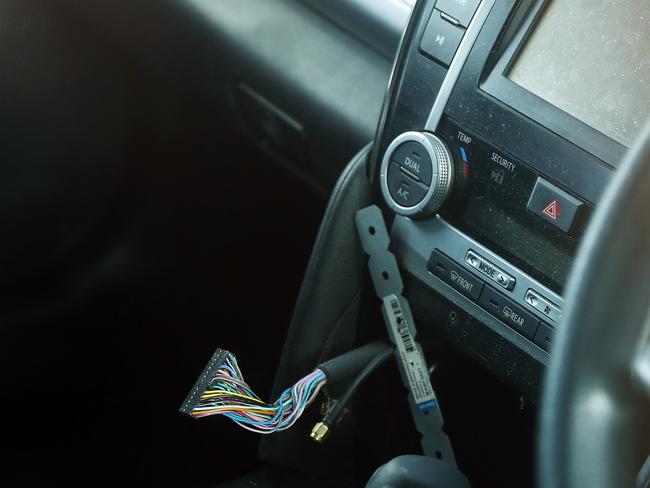
The handout only went to taxis that were still in service as of May 1 — a date when thousands of cars had already been abandoned, Mr Abrahim said.
The industry was also ruled ineligible for the government’s small business grants.
Mr Abrahim said the industry was calling on the state government to help drivers by providing space for their cars to be parked.
The government could also assist in getting cars back into service by helping with the cost of fitting taxis with COVID-19 protective screens.
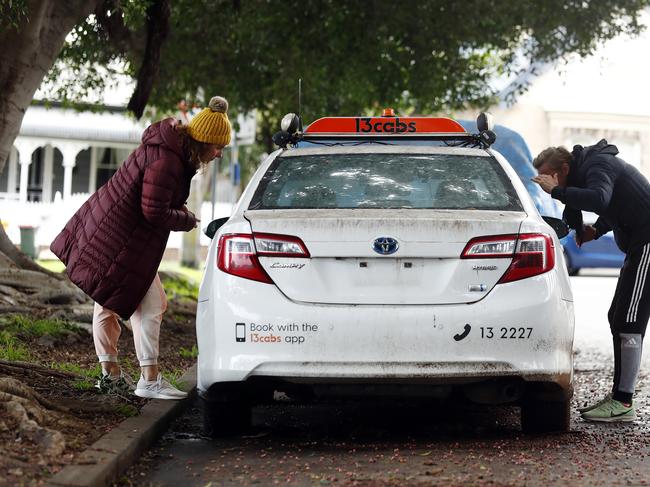
“While we are grateful for the assistance that the government has offered, a lot of drivers missed out,” Mr Abrahim said.
“What we would like to see is some support to help us get these cars back on the road.
“We have reached out to Sydney Airport, Sydney Olympic Park and other places to see if we can get these cabs off the side streets and somewhere where we can hold them for a period.”
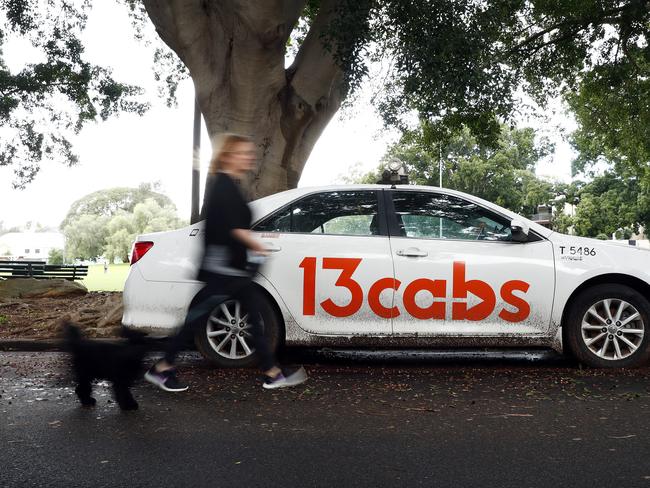
In response to questions, the office of Local Government Minister Shelley Hancock provided a statement urging councils to work with the taxi industry.
“Parking enforcement is a matter for individual councils,” it said. “Given the extenuating circumstances, councils are encouraged to exercise regulatory discretion and work with taxi owners to find alternative storage solutions.”
A council spokeswoman said the council had been working with the taxi industry on the issue and would continue to monitor the situation.
“Efforts to remove the vehicles can be a lengthy process and will not bring about the immediate relief that the community is seeking,” she said.
“In addition, many of these vehicles, although not displaying plates (for fear of theft due to the value of them), are still registered and as such are parked legally.
“Council has been liaising with the Taxi Council of NSW for some time in relation to this matter and will continue to monitor the situation, taking appropriate action if required and able to do so.”
